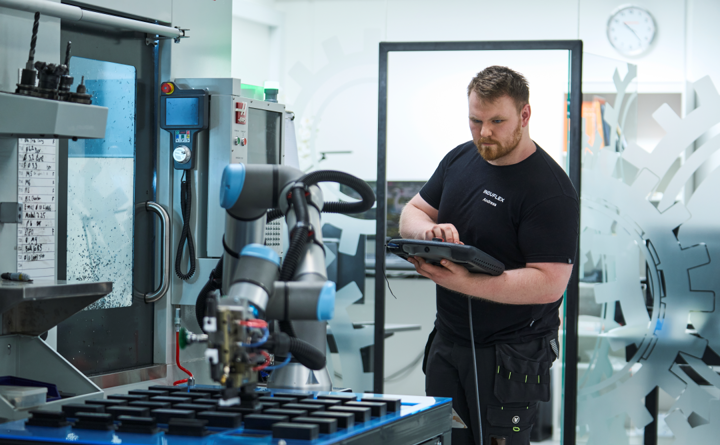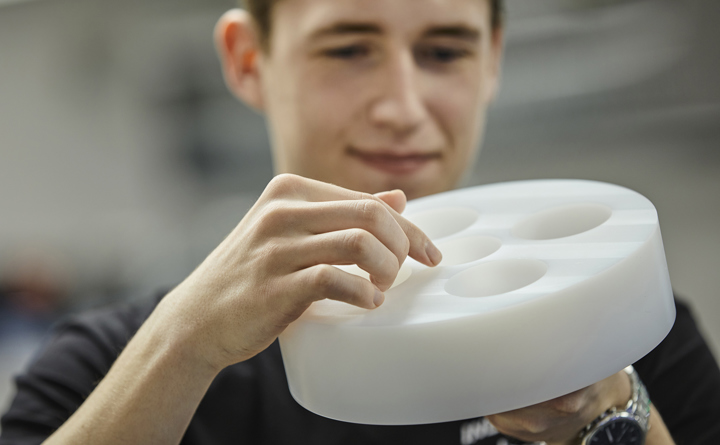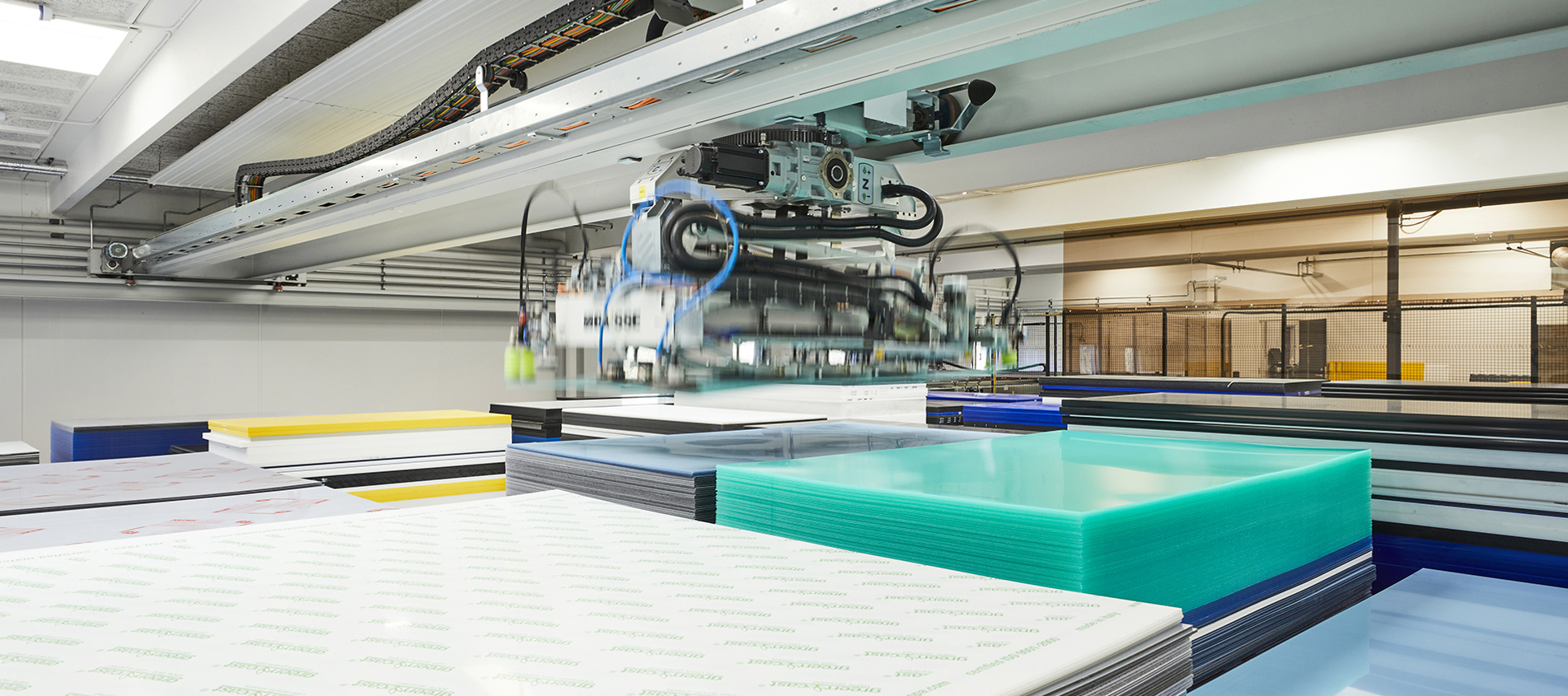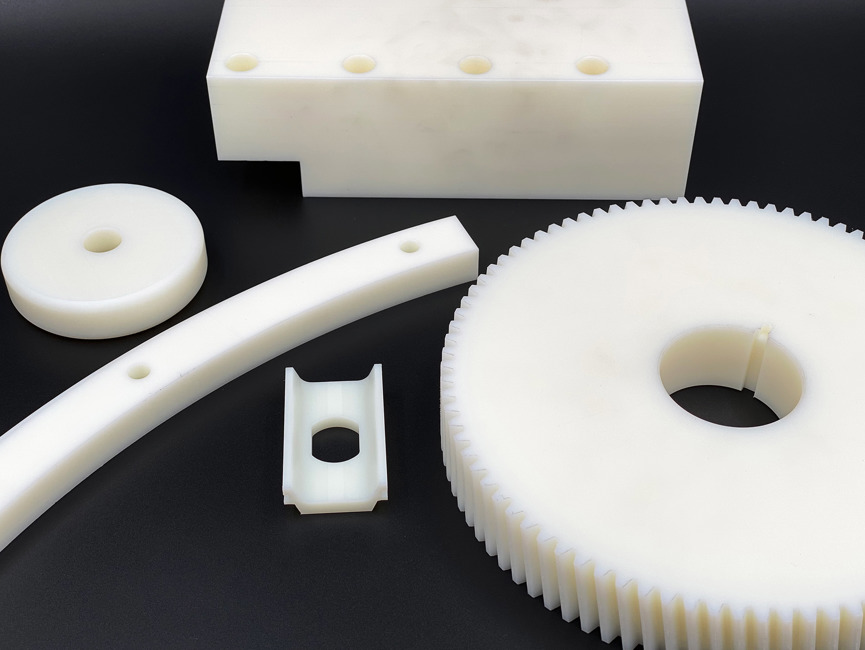

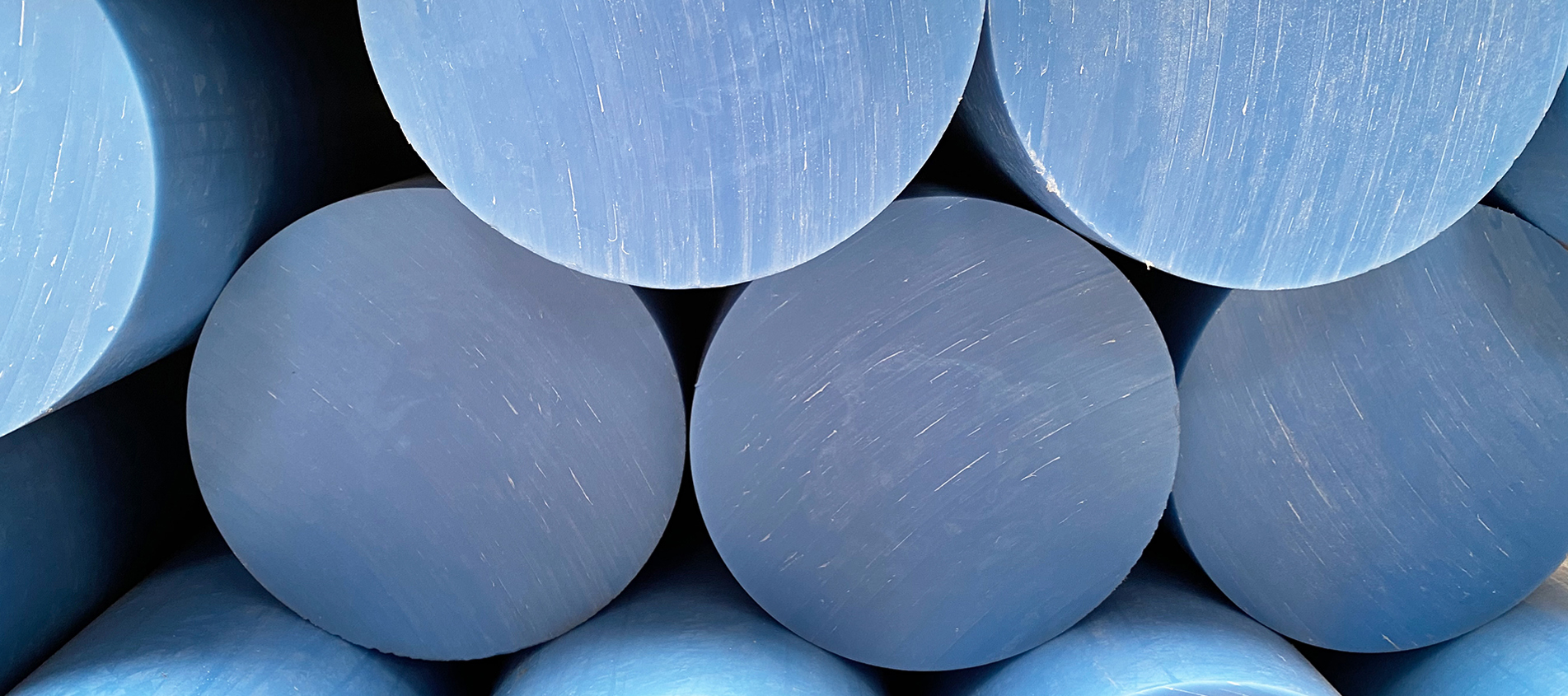

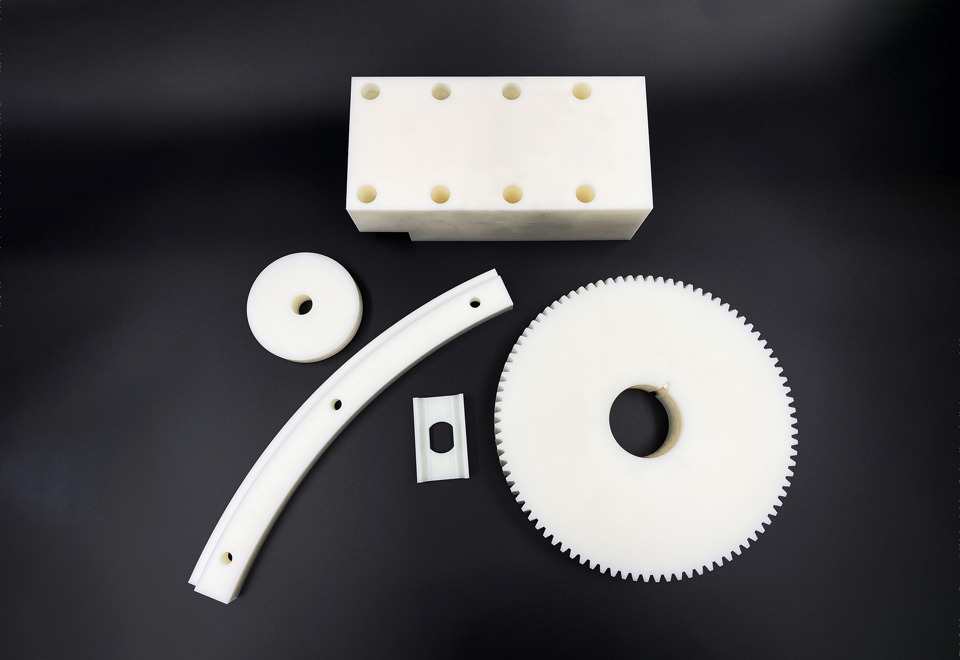
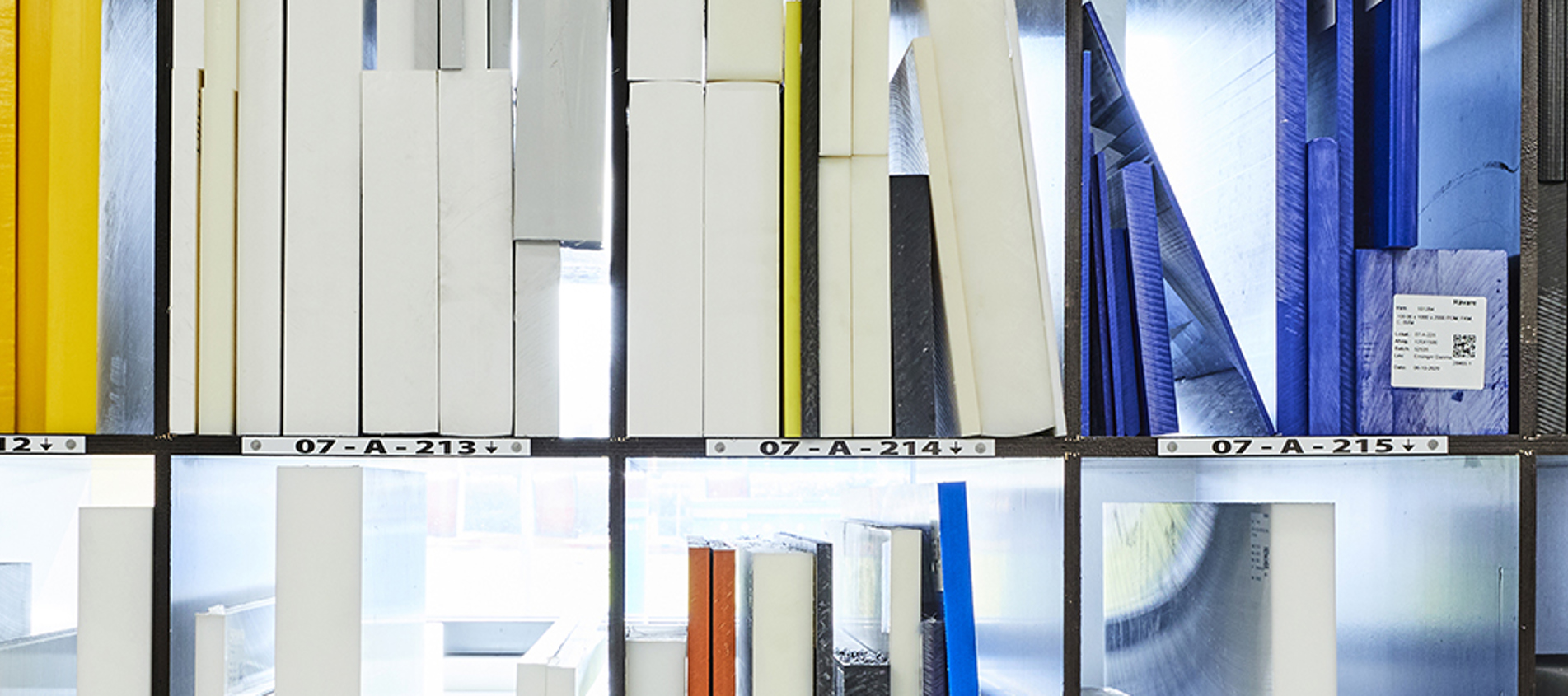
Spørgsmål og svar
-
Nylon (PA) is available in sheets, round bars, and hollow rods in natural color.
PA 6.6, however, is available in both sheet and round bar form in colors like natural, blue, and black.
PA 12 is only available in natural color.
Polyamide is offered in sheets, rods, and hollow rods.
Below are examples of sheets and rods we either have in stock or can source:
Nylon Sheets, PA 6 XT and ST, 2000 x 1000 mm:
- Natural: Thickness from 0.5, 1, 2, and 3 mm up to 130 mm
- Black MOS 2: Thickness from 1, 2, and 3 mm up to 130 mm
Nylon Rods:
- PA 6 XT or ST, Natural: Diameter from 6 mm to 800 mm
- PA 6 XT or ST, Black MOS 2: Diameter from 10 mm to 800 mm
- PA 6.6 XT, Black MO: Diameter from 10 mm to 100 mm
- PA 6.6 XT, Natural: Diameter from 4 mm to 200 mm
Nylon Hollow Rods, PA 6 in Natural (XT and ST):
- 45/25 mm – 90/50 mm
- 50/25 mm – 100/50 mm
- 56/30 mm – 120/50 mm
- 60/30 mm – 120/80 mm
- 60/50 mm – 150/100 mm
- 70/35 mm, 72 mm – 180/120 mm
- 80/40 mm – 200/150 mm
- 80/50 mm – 250/200 mm
- 80/60 mm – 300/200 mm
-
At Induflex, we can achieve even very tight tolerances in plastic.
When you order a plastic part from us, it will, as standard, comply with Danish Standard ISO 2768-1 (medium). We measure the tolerances at room temperature, around 21 °C.
Of course, we can agree on different tolerances if you prefer.
-
Nylon is not particularly notch‑sensitive due to its flexible and relatively self‑lubricating properties.
It is resistant to mechanical stress, but sharp corners can still create localised stress points that may weaken the material over time.
Some materials can be ordered with additives that strengthen the construction. Contact us for more information.
-
By sending us a STEP file or PDF with your drawings, we can quickly assist in determining whether POM is the right choice for your project.
We can also identify which machining method is best suited for your item.
